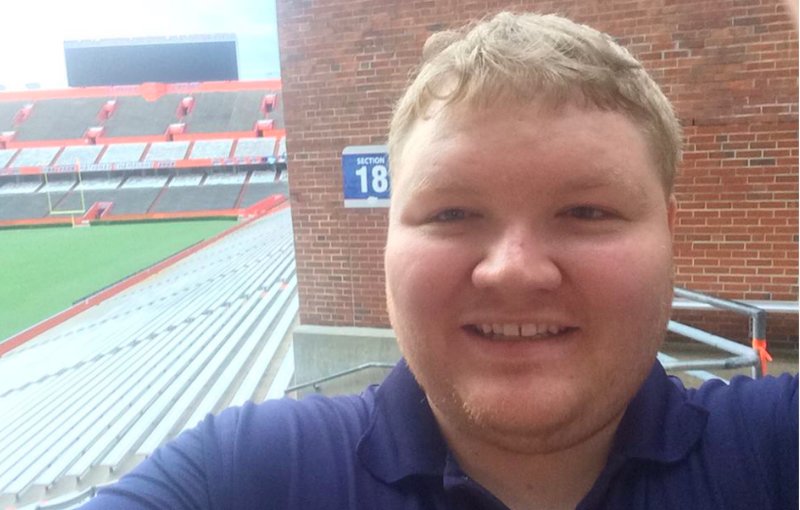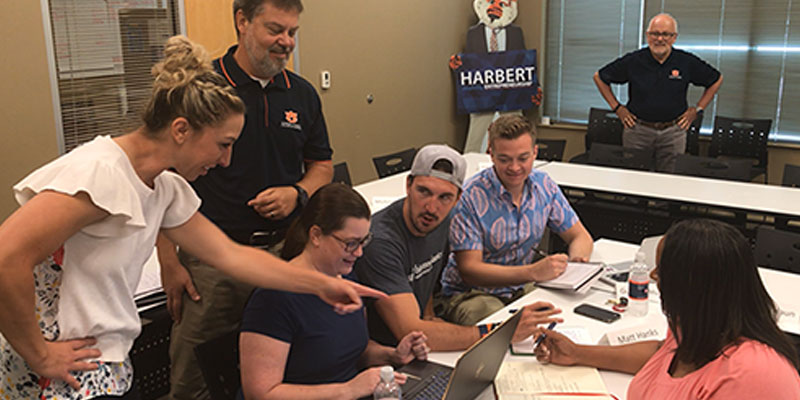
With Monday marking the beginning of National Suicide Prevention Week, one Alabamian took to Facebook to share his suicide survival story in hopes that it will encourage others struggling with depression to get help and remember that “it gets better.”
Brandon Jeter is a 26-year-old Auburn graduate who is now eight years removed from his darkest day when he tried to take his own life.
“8 years ago I made the choice to end my life,” he wrote on his Facebook page Sunday evening. “I didn’t write a letter, because I felt no one would read it or even miss me. I was a lonely, depressed, sad, and angry high school kid. I took 30 lithium pills and cut my wrists. At that point, I was at my lowest, saddest, and most helpless, but I’m glad my mom found me before I died that June night. Because my life got better. I left my small town and made friends, real friends. I went to the college I dreamed of attending and found people who have become family to me…
“Depression didn’t win that night in 2008,” he continued. “So during National Suicide Prevention week, I just want to encourage those of you stuck in horrible homes…It gets better. For those of you stuck in financial hardships, it gets better. For those of you bullied everyday at work or school, it gets better. For those of you that see no hope, it gets better.”
Suicide is currently the 10th leading cause of death in the United States, according to the American Foundation for Suicide Prevention. Roughly 43,000 Americans die by suicide each year, an average of 117 every day. And for every one suicide death, there are 25 more attempted suicides.
Dr. David L. Conroy, author of “Out of the Nightmare: Recovery from Depression and Suicidal Pain,” says convincing individuals suffering from suicidal thoughts that it is okay to ask for help is one of the biggest challenges.
“Social stigma and prejudice are our enemies,” he explains. “Every human being is taught from childhood that suicidal people are shameful, sinful, weak, selfish, manipulative–taught that we are contagious, that we want to harm others. None of these ideas are true.”
Brandon Jeter is living proof getting help is worth it.
“I found people who love me and encourage me” he says now. “I’ve healed wounds, and taped bridges back together. I’ve forgiven many and have done things that most people could only dream of. I’m thankful I’m here to witness it all.”
If you are feeling vulnerable or suicidal or are worried about someone call 1-800-273-TALK (1-800-273-8255).
For more information, visit the Alabama Department of Public Health’s suicide prevention page.











